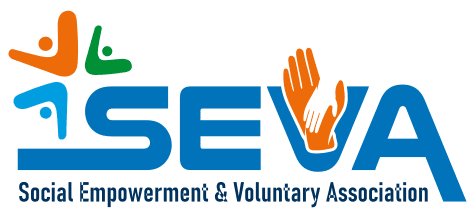What We Do ?
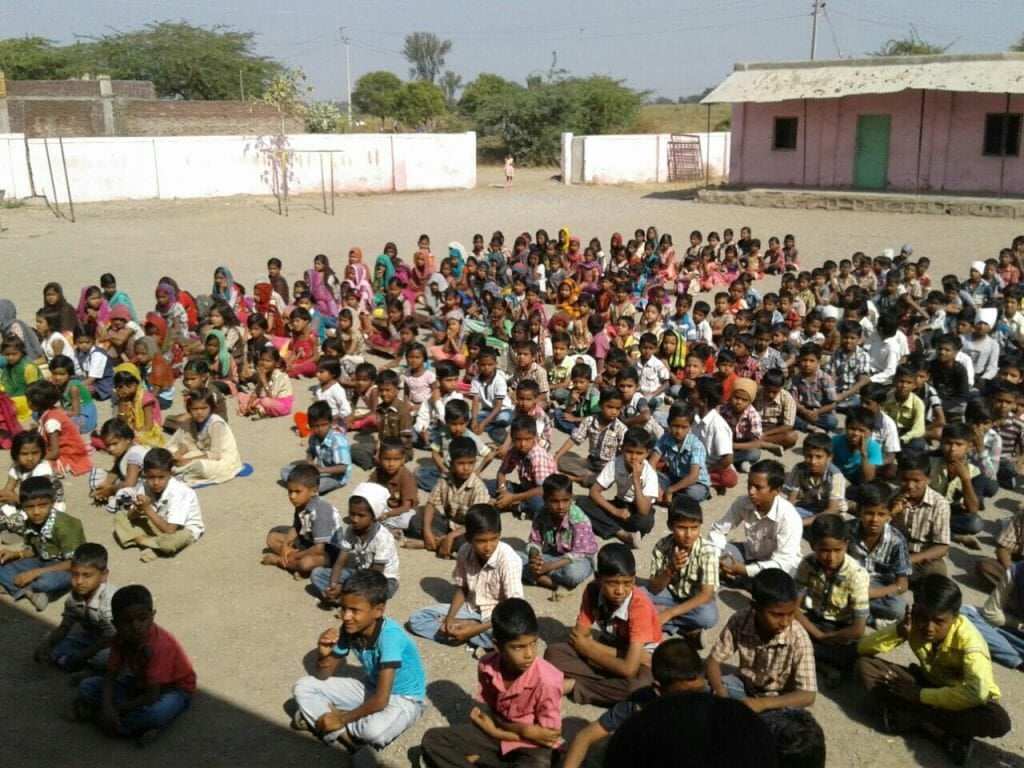
- Increase technical capability and early childhood education funding.
- Improve capability for providing on-site support to teachers and school administration.
- Pilot social innovations in gender-sensitive curriculum and pedagogy both in and out of the classroom.
- Improve technical skills in mobilizing and promoting education among females (who have dropped out, are irregularly enrolled, or have never enrolled).
- We are creating gender-sensitive Child Protection and SRH program convergence models.
- Persuade governments and donors to spend more on girls’ education.
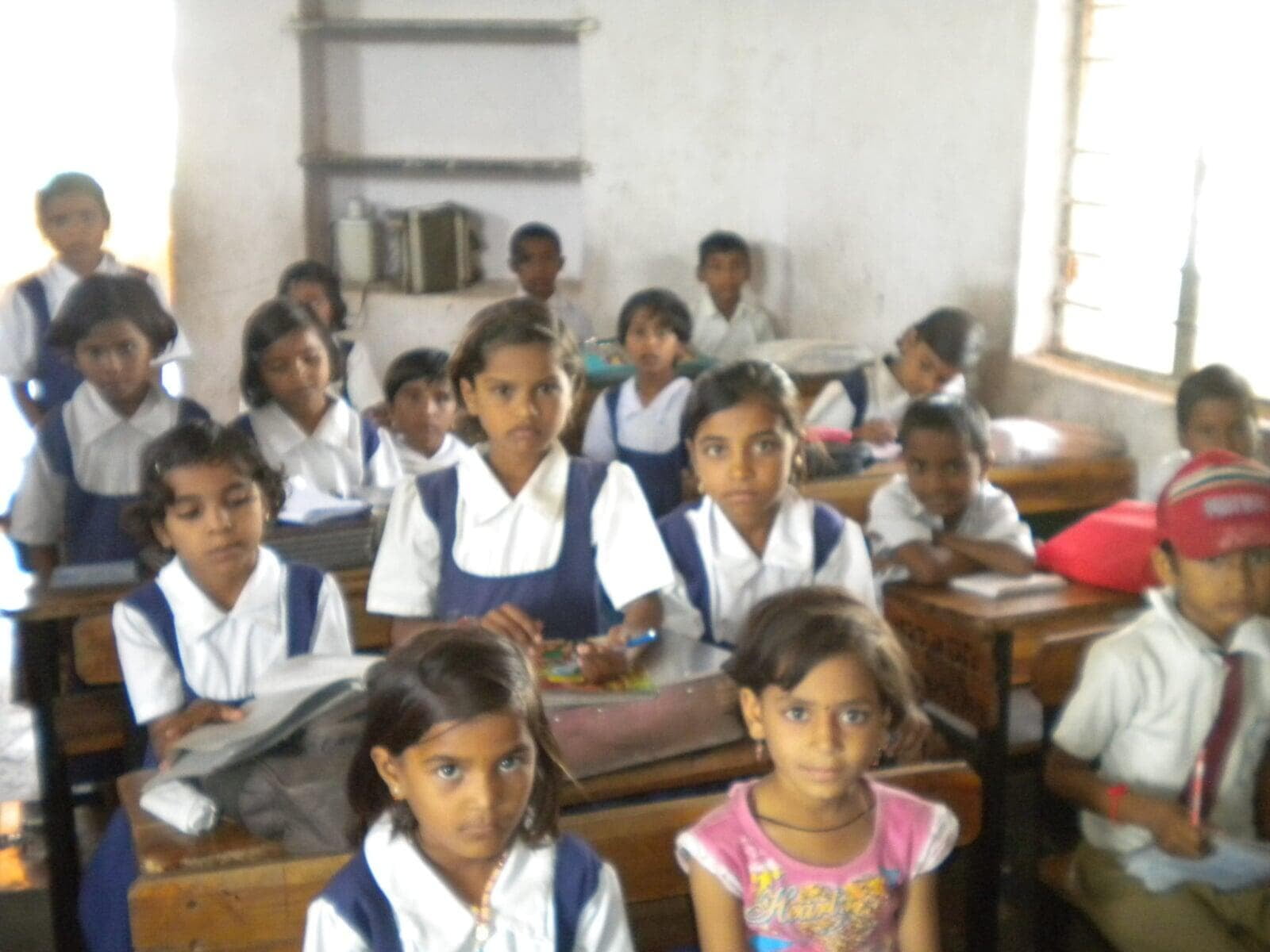
The primary challenges in Indian society and the workplace are the persistent disparities and exclusion faced by young women and girls, as well as by men and boys from disadvantaged backgrounds. Additionally, many young people lack market-relevant employment skills, and creating jobs for talented youth remains difficult.
SEVA NGO addresses these issues by empowering young men and women to enter the labor market with skills aligned with current market demands.
The organization ensures that high-quality vocational training and job placement opportunities are available to socially and geographically disadvantaged populations. SEVA helps young people build resilience and engage in dignified employment that aligns with their preferences and circumstances.
Key initiatives include :
● Career counseling in schools and communities
● Training in vocational and life skills
● Job placement and post-placement support.
● Connecting young entrepreneurs with resources and opportunities.
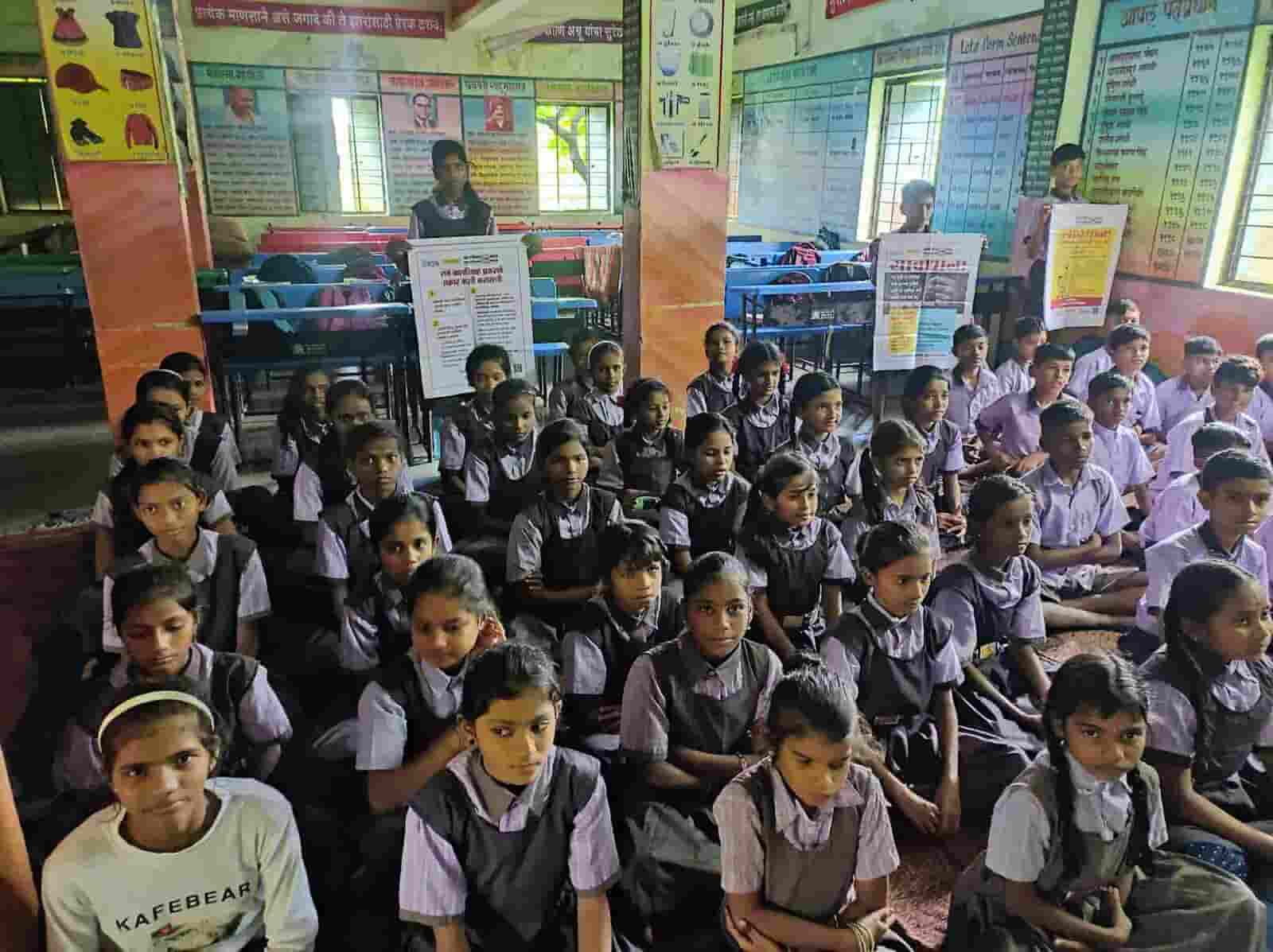
The stigma surrounding sex and sexuality often prevents these critical issues from entering public discourse. The lack of comprehensive sexuality education, limited access to contraception, and misinformation in sex education contribute to unhealthy sexual practices and reproductive health problems among youth. This ultimately leads to early marriages, early pregnancies, and severe health issues for vulnerable females. Our Sexual Reproductive Health (SRH) Program aims to empower girls to become change agents, enabling them to make informed decisions about their sexuality, life goals, and reproductive health while exercising their SRH rights.
Key objectives of the program include:
Provide Children and Youth with Comprehensive Sex Education: Raise awareness about common misconceptions regarding HIV infection and transmission, while promoting prevention through informed choices.
Parent and Caregiver Capacity Training: Equip parents and caregivers with knowledge on fundamental Sexual and Reproductive Health Rights (SRHR) concerns, along with effective communication strategies for discussing SRH with their children.
Social Media Collaboration: Partner with communications professionals, public figures, youth, and journalists to launch a social media campaign aimed at promoting public awareness of SRH.
Volunteer Training: Enhance the capacity of community health volunteers, peer educators, and instructors in SRHR topics.
Government Influence: Collaborate with state and district governments to establish menstrual hygiene management programs in both developmental and emergency contexts.
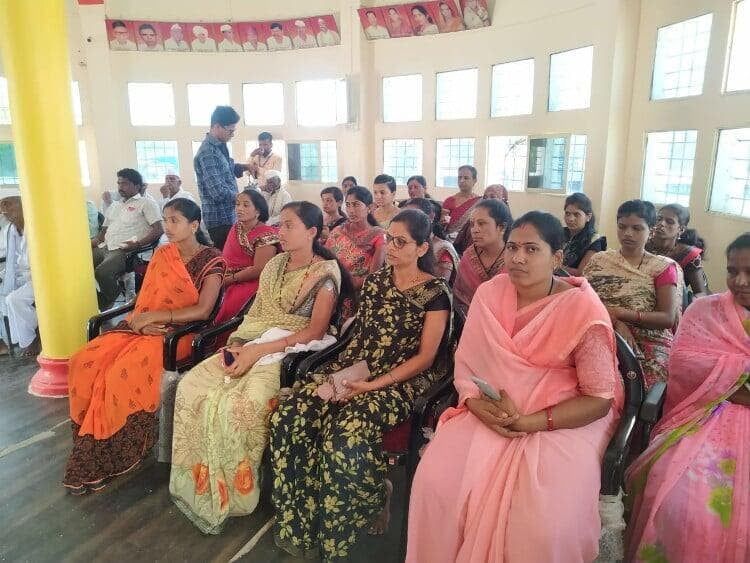
Mothers’ and children’s health are intertwined and influenced by various circumstances. Every year, millions of pregnant women, new mothers, and children suffer from severe illnesses or die due to preventable or curable causes. Many children and youth do not receive adequate nutrition, limiting their ability to grow, develop, and learn to their full potential. To enhance the nutritional status of children and young women, SEVA NGO strives to empower children, adolescent girls, and young women to realize their right to nutrition and food. We focus on strengthening systems and influencing policies to prioritize health and nutrition as vital components of human development.
Our initiatives include:
Enhancing Community Participation: Engage communities in identifying and addressing harmful social and gender norms related to better health and nutrition practices.
Improving Sanitation and Hygiene: Elevate the quality of sanitation and hygiene services within the community.
Building Support Systems: Establish a community-based support system to improve the quality and coverage of health and nutrition services.
Launching a Social Media Campaign: Initiate an online campaign targeting youth and young adults to raise awareness about their Right to Nutrition, as well as the importance of eating right, safe, and healthy.
Increasing Information Literacy: Address the lack of information literacy among girls and young women regarding the National Health and Nutrition Policy and available programs.
Collaboration with Service Providers: Work with service providers and managers at the system level to establish positive norms and attitudes towards health and nutrition.
Government Engagement: Influence and support the government in developing the Annual Implementation Plans for the Integrated Child Development Services (ICDS).

Children from disadvantaged, excluded, and especially vulnerable groups, particularly young children from poor and indigenous communities, are more vulnerable to violence. Violence against children is a quiet crisis that must be addressed. Despite years of devotion to preserving children’s fundamental rights through programs and schemes, child rights violations continue rampant. Violence against children and young women is linked to societal standards and a lack of protective measures.
- Child early forced marriage, child trafficking, child labor, sexual abuse, and emergency protection are all examples of gender-based violence.
- Plan India empowers girls and young women to recognize their right to be free of gender-based violence. This is accomplished by organizing and increasing their agency to demand their right to be free from all types of violence and strengthening the capabilities of families, communities, and government duty-bearers to respond to rights violations.
- Engaging girls and young in their protection and safeguarding
- Empowering girls to prevent child marriages
- Awareness raising on violence against girls
- Creating safe and collaborative spaces for children and youth
- Building agency for girls and young women to be aware of policies, laws, and services
- Establish and strengthen Community-Based Child Protection Mechanism
- Engage with families, communities & religious leaders to promote a gender-responsive protective culture
- Influence changing laws and policies for a complete ban on child marriage
- Partnering with government, civil society, and youth networks at all levels.
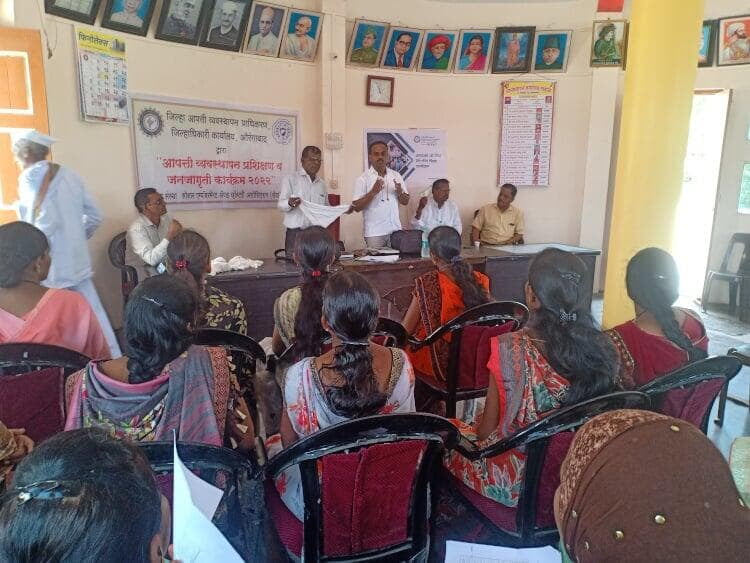
The program received overwhelming support from the community, with women eagerly participating in workshops and training sessions conducted by SEVA NGO. These sessions covered various topics, including emergency preparedness, first aid, search and rescue techniques, and communication strategies during disasters. Experts from diverse fields, including disaster management professionals and healthcare providers, were invited to share their knowledge and experiences, fostering a holistic learning environment.
The impact of the Home Disaster Management Program has been profound, with participants expressing newfound confidence and preparedness to tackle emergencies. Women shared inspiring stories of successfully applying the knowledge gained during the program to protect their families during minor incidents such as floods and power outages. Additionally, they felt more connected to their communities, having formed a support network with fellow participants and volunteers.
One of the program's remarkable outcomes has been the establishment of local emergency response teams led by women.

